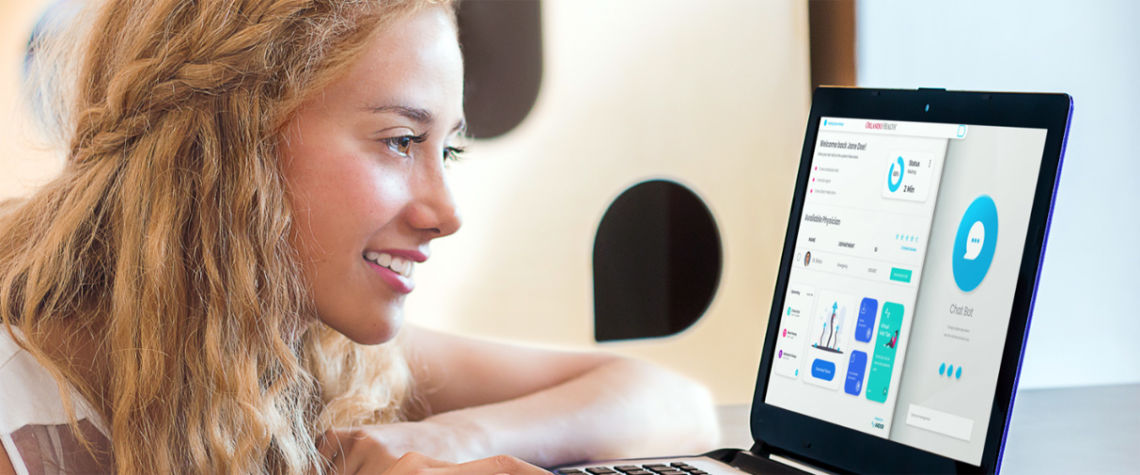Microsoft helps Andor extend virtual care
- March 28, 2022
- Steve Rogerson

Florida-based Andor Health is working with Microsoft to extend virtual care to include hospitals at home.
Andor Health harnesses machine and human intelligence to configure and orchestrate the way care teams connect and collaborate. It is leveraging Microsoft’s capabilities in the ThinkAndor enterprise platform.
ThinkAndor’s unified approach to virtual health, combined with Microsoft Azure and Teams with healthcare templates, enables health systems to establish a comprehensive approach to virtual health.
ThinkAndor has leveraged artificial intelligence to extend the capabilities of Microsoft Teams allowing health systems and their patients to connect across the care continuum. With a concierge approach to virtual health, ThinkAndor provides a secure, Hipaa-compliant platform that allows care teams to collaborate, and enables data sharing from major patient events with community providers and post-acute care teams.
Andor Health is building on this success with Microsoft Teams to allow flexible connection to a variety of device endpoints – Windows-based, iOS, iPad, Android tablet and existing devices within an organisation. It also uses the med-tech service within Azure Health data services to connect and obtain data from medical devices and device ecosystems.
“Andor Health is leveraging the power of the Azure Health data services to bring together medical data from across all device platforms,” said Heather Cartwright, vice president at Microsoft. “As health systems transform the future of telehealth, Andor is helping health systems configure tailored care and enhance patient experiences.”
ThinkAndor virtual patient monitoring and hospital at home services now connect to various devices to track a patient’s health status remotely. Clinicians can monitor a patient’s health, and care managers can effectively manage large patient populations regardless of the severity of their chronic condition.
The same platform can unlock inpatient monitoring scenarios such as virtual rounding and telesitting. Hospitals and health systems can deploy one platform to monitor and intervene to provide medical care for patients while in the hospital or at home.
“ThinkAndor’s ability to tailor clinical workflows enables customers to configure use cases such as rounding, telesitting and hospital at home on a unified platform,” said Srini Surendranath, chief product officer at Andor Health. “Andor Health’s customers can anticipate achieving approximately a 40 to 50% reduction in patient fall rates, 50 to 60% decrease in sitter costs, and a generous increase in revenue. We are proud to partner with Microsoft and extend the capabilities of Microsoft Teams and Azure Health data services to support health systems in their quest to enable equitable access to care for patients.”
• Microsoft has added features to Teams for virtual appointments in healthcare. Patients can request on-demand appointments with their provider. Organisations using on-demand scheduling can see and monitor on-demand appointments in a queue view through the Microsoft Bookings app in Teams. This builds on the waiting room and queueing features for scheduled appointments that are generally available.
It is possible to gather patient triage information as part of the virtual appointment in Teams through the integration of Microsoft Forms and the Microsoft Bookings app. When enabled, this feature allows healthcare organisations to collect patient responses and review them as part of the visit.
A device tester can help reduce no-shows by allowing patients to test their hardware settings before their virtual appointment. This allows the patient and provider to focus on the appointment, and spend less time on technical problems. It is now available through the Microsoft Teams EHR connector.




